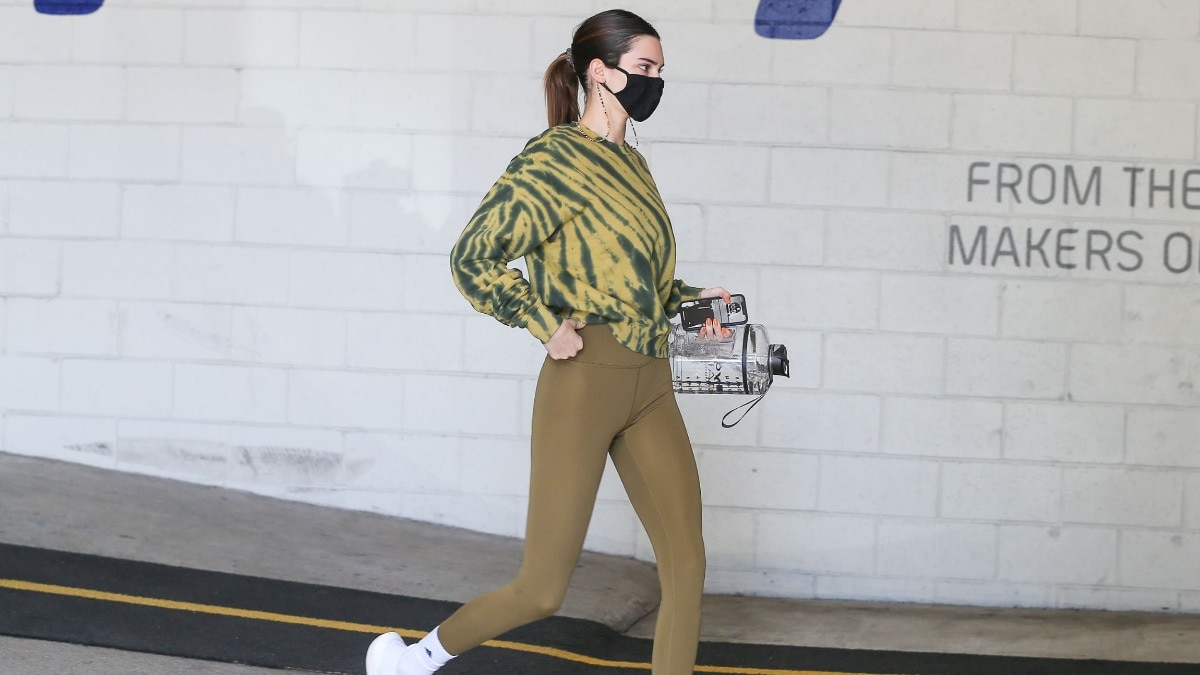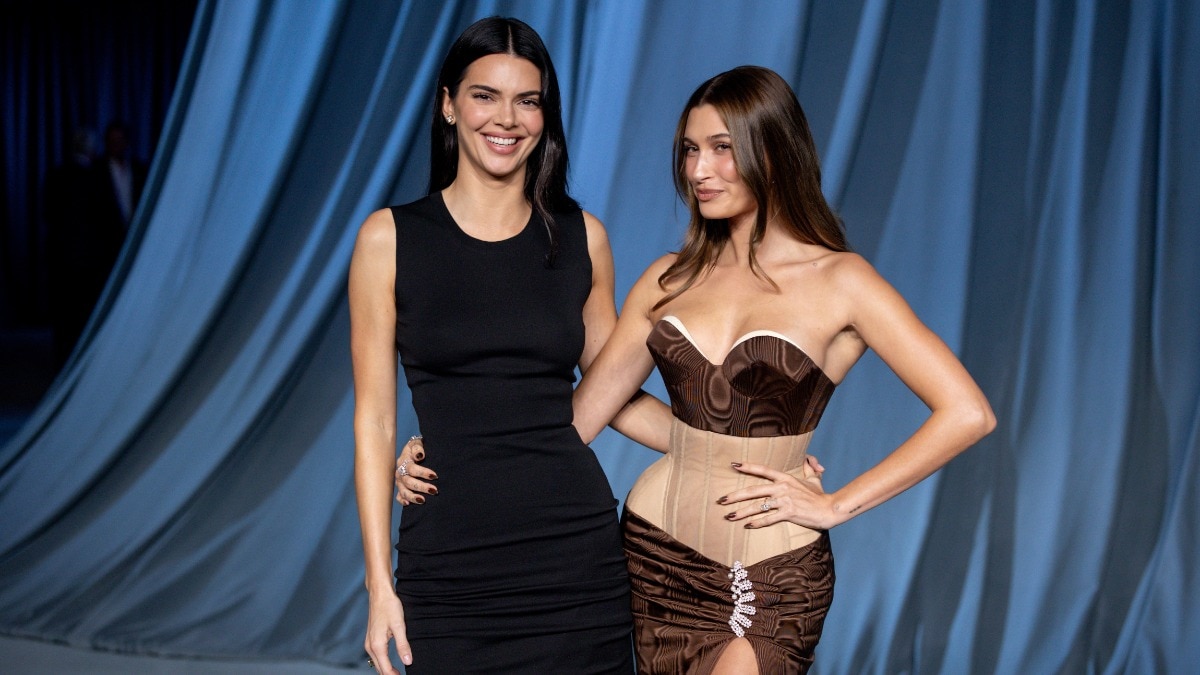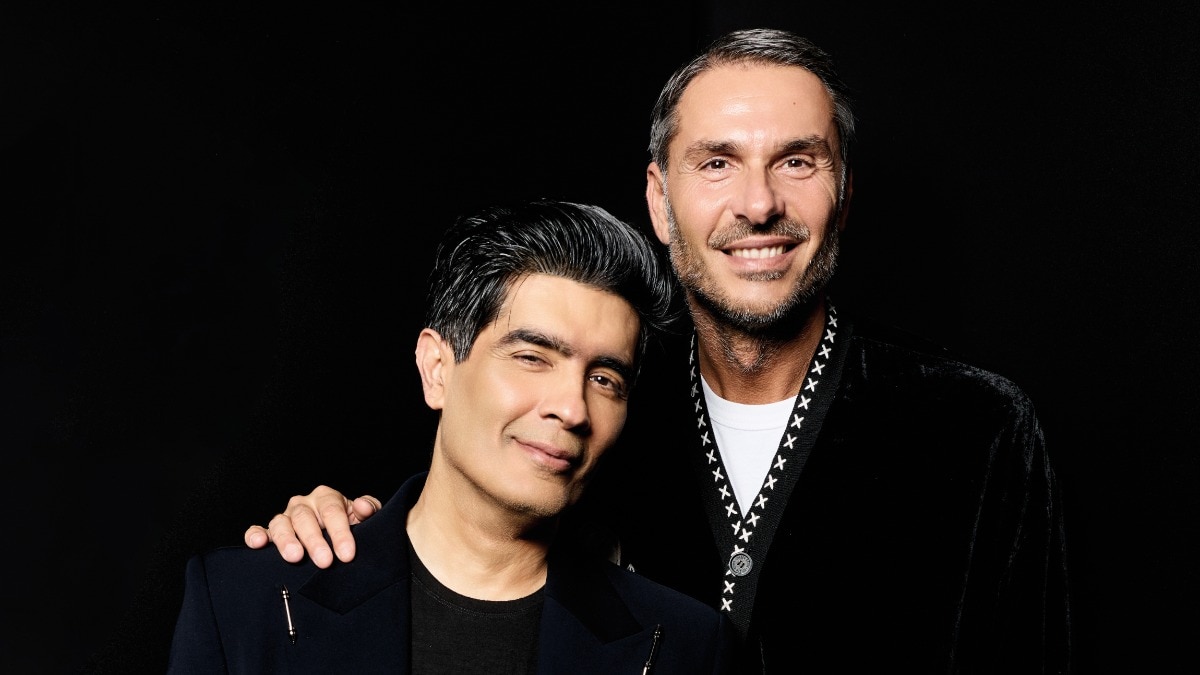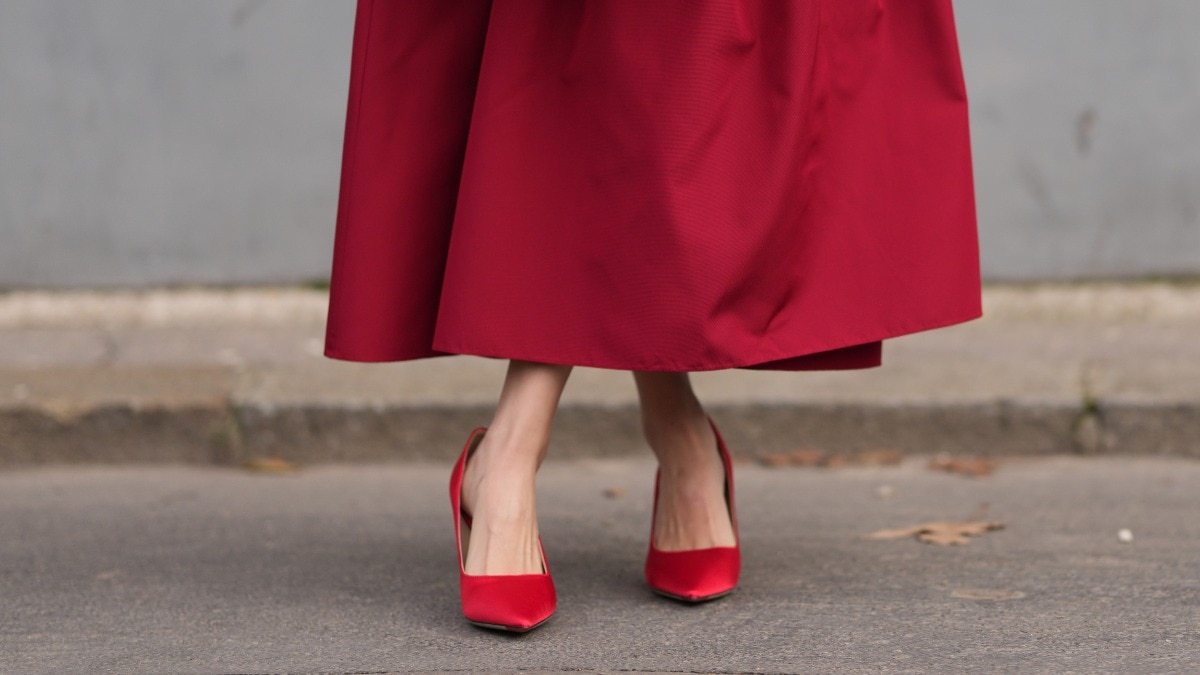Why Carrie Bradshaw might also hop on to the preowned fashion wagon
Tatiana Wolter-Ferguson, the co-founder and CEO of the luxury resale platform Hardly Ever Worn It, on the future of second-hand fashion and why it is worth our consideration.


"Why would I want to buy your old shoes?"
This is a question Tatiana Wolter-Ferguson has heard countless times. The answer, of course, is that if the pre-worn pair happen to be Chanel cap-toe flats or Gucci horsebit leather loafers, their retail appeal is enduring.
Wolter-Ferguson helped her mother Sharon start the brand Hardly Ever Worn It (HEWI)—an e-commerce site for selling pre-loved designer pieces—from their kitchen table in 2012, just as the resale business began to take off. The market is now estimated to be worth more than £25 billion and is expected to surpass £41 billion by 2026. HEWI was a pioneer in the upmarket circular-fashion economy, with its discerning online curation and a chic, physical space in London, where those with something to sell can have their items valued or arrange to see the pieces that have caught their eye on the site up close. "High-net-worth clients used to think if you were selling your old clothes you must be in money trouble," she says. "Now they see it is just good business sense, like a designer stock exchange. You are capitalising on an asset."
According to Wolter-Ferguson, the brands that have consistently commanded the highest resale value have been Chanel and Hermès, while the Row is not far behind. Bestsellers include Prada, Louis Vuitton and Loro Piana, while bags and jewellery are HEWI ’s fastest-selling categories. "What does well is something like a Chanel 2.55, which has always been an iconic bag, or a timeless Rolex," she says. "Items whose value decreases over time tend to be trend-led pieces that are very of the moment." As for her own HEWI shopping habits, she is strictly a trainers woman: "Any time my size comes in I snap them up!’ Wolter-Ferguson believes the second- hand market has become an essential component of the fashion industry by ensuring classic items remain good invest- ments. Awareness around sustainability has also made pre-loved shopping a more ethical choice. ‘We’re still encouraging you to buy," she says, "just to buy well."
Since taking over as CEO in 2020, Wolter-Ferguson has started to make her own mark on the company. Over the last three years, HEWI has supplied Heathrow Airport with its inaugural resale lounge and teamed up with Sotheby’s for its first luxury handbag and accessories auction. The technophile—"I used to take apart my Xbox as a kid, to see how it worked"—has also integrated a revolutionary search function into the site, the "curious" Sociate AI. This operates as a sophisticated chatbot search function that can find and understand not just tagged words but images, as well as looks inspired by certain people or even fictional characters, to allow users to find items with more precision. At the cutting edge of the industry, this is no longer about someone’s "old shoes".
Bag Brands of Ambition
This article was first published in the February/March issue of Harper's Bazaar UK.










